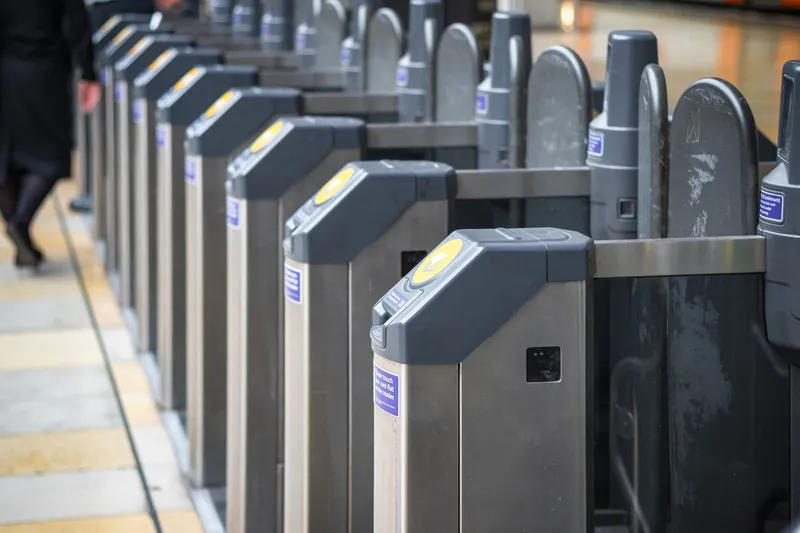Intelligent traffic systems supplier Siemens has acquired UK traffic enforcement organisation, Zenco Systems. The announcement underlines Siemens’ commitment to the growing traffic enforcement market and follows a number of successful joint technology projects between the two companies in the UK, including deployments in Manchester and London.
Zenco Systems was founded in 2006 to provide local authorities with the ability to use CCTV video evidence to enforce traffic contraventions. Following the first d
July 2, 2015
Read time: 2 mins
Intelligent traffic systems supplier 189 Siemens has acquired UK traffic enforcement organisation, Zenco Systems. The announcement underlines Siemens’ commitment to the growing traffic enforcement market and follows a number of successful joint technology projects between the two companies in the UK, including deployments in Manchester and London.
Zenco Systems was founded in 2006 to provide local authorities with the ability to use CCTV video evidence to enforce traffic contraventions. Following the first digital enforcement trials in the London Borough of Camden in 1996, the ZenGrab digital enforcement solution has since become the most widely used and efficient digital enforcement system in the UK.
Gordon Wakeford, head of Siemens’ Mobility Division in the UK, said: “We are excited to be able to build upon our proven range of traffic technology solutions, and aim to expand Zenco’s proven civil enforcement technology through our existing worldwide operations. With their strong reputation for developing state-of-the-art solutions, I’m delighted to welcome the employees from Zenco into Siemens.”
Noel Frost, CEO and commercial director of Zenco Systems, said: “As a small company, the ability to grow our organisation and make the most of the unique skills and knowledge we have built up is limited. We are delighted that Siemens has recognised our expertise following a number of successful projects together and look forward to the global possibilities for our enforcement solutions.”
According to Markus Schlitt, global head of Siemens’ Intelligent Traffic Systems, "Thinking ahead is essential for us as the leading supplier in intelligent traffic systems. Enforcement increases safety, traffic flow and air quality in our ever-growing urban areas and enables revenues for our customers to be reinvested in transport infrastructure. I’m proud to announce the acquisition of Zenco which ideally complements our global portfolio."
Zenco Systems was founded in 2006 to provide local authorities with the ability to use CCTV video evidence to enforce traffic contraventions. Following the first digital enforcement trials in the London Borough of Camden in 1996, the ZenGrab digital enforcement solution has since become the most widely used and efficient digital enforcement system in the UK.
Gordon Wakeford, head of Siemens’ Mobility Division in the UK, said: “We are excited to be able to build upon our proven range of traffic technology solutions, and aim to expand Zenco’s proven civil enforcement technology through our existing worldwide operations. With their strong reputation for developing state-of-the-art solutions, I’m delighted to welcome the employees from Zenco into Siemens.”
Noel Frost, CEO and commercial director of Zenco Systems, said: “As a small company, the ability to grow our organisation and make the most of the unique skills and knowledge we have built up is limited. We are delighted that Siemens has recognised our expertise following a number of successful projects together and look forward to the global possibilities for our enforcement solutions.”
According to Markus Schlitt, global head of Siemens’ Intelligent Traffic Systems, "Thinking ahead is essential for us as the leading supplier in intelligent traffic systems. Enforcement increases safety, traffic flow and air quality in our ever-growing urban areas and enables revenues for our customers to be reinvested in transport infrastructure. I’m proud to announce the acquisition of Zenco which ideally complements our global portfolio."








